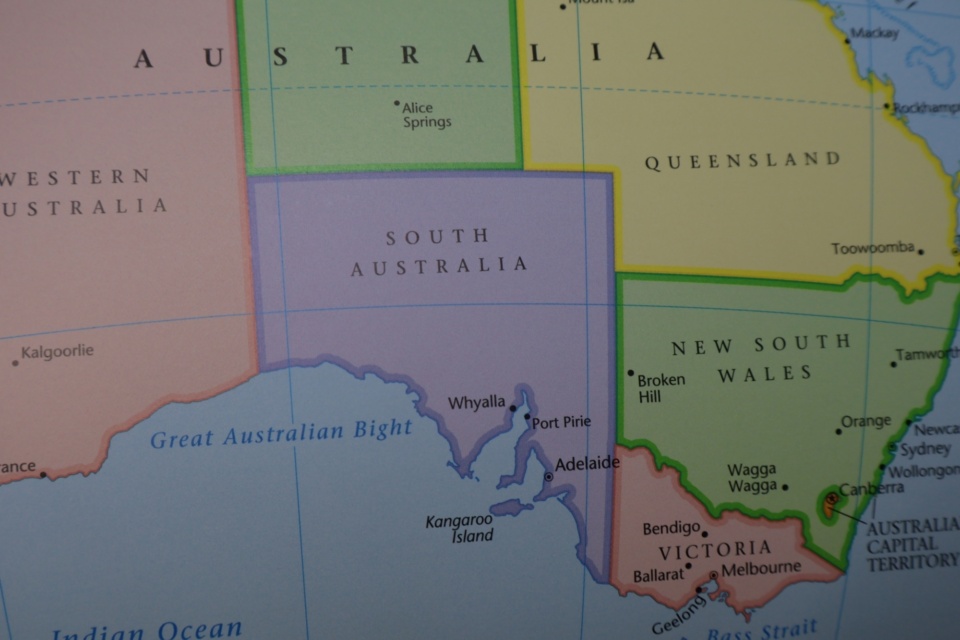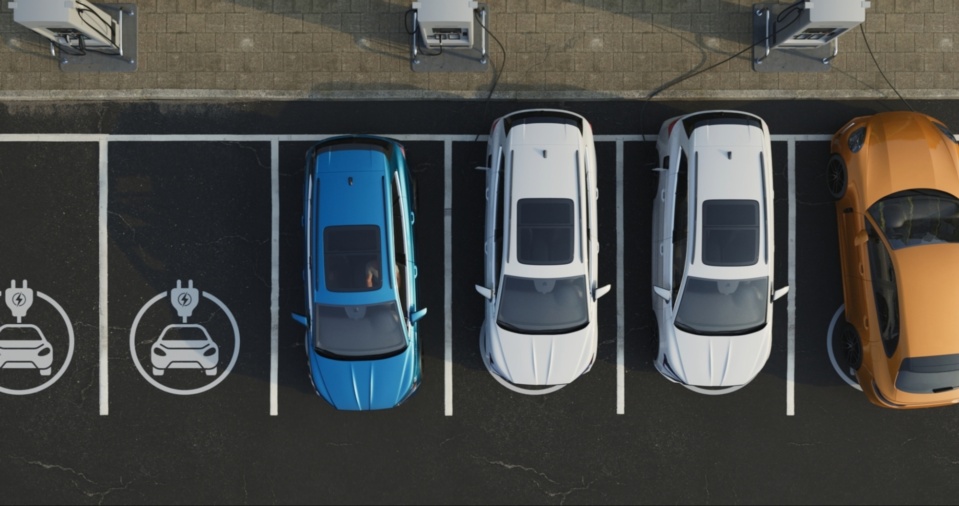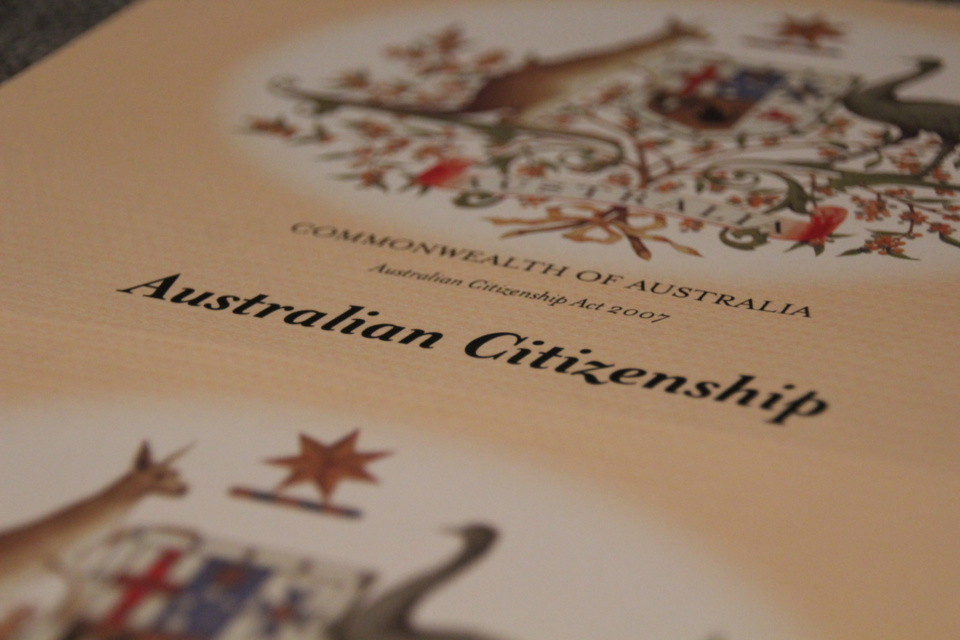
One Nation’s chances as a dominant conservative party are piñata-like
Posted on 11 Feb 2026
Opinions polls insist Pauline Hanson's fortunes are on the rise, but it is likely that enthusiasm…
Posted on 10 Apr 2024
By Denis Moriarty

Rose coloured glasses give false comfort to those who look longingly at the past, says group managing director of Our Community, Denis Moriarty.
The good old days weren’t.
We tend to look back lovingly a generation or so because we were younger then and the world was brighter and, at least in retrospect, less freighted with disappointment.
Yet life in Australia is getting better.
We are, of course, richer, both individually and nationally, than Australians were 20 or 30 or 50 years back. This is hard to contest, so memories of a golden age tend to stress how much more virtuous we were before the angle grinders of modernity were applied to the old certainties of hierarchy and authority – churches, schools, families, farms, factories.
Morality is hard to measure numerically, both Heaven and Hell being pretty poor on their statistical evaluations, and it’s hard to disprove any claim that our parents were better people than we are. Insofar as their values spilled over into what they did, however, this doesn’t seem to be the case, taken in the mass.
A parent’s worst nightmare, of course, is the child that vanishes.
You turn your back on the beach or wave them goodbye as they head off to school, and they’re never seen again. It’s unfathomably hurtful, impossibly heart stopping. We can only imagine a tiny fraction of what it must mean to have it happen, even after a hefty dose of media coverage (the William Tyrell case runs to hundreds of newspaper pages, at least).
It’s not impossibly heartless, though, to say that it’s happening much, much less. The Australian Federal Police (AFP) runs the National Missing Persons Coordination Centre (NMPCC), which records missing children (under-17s) back to 1966. Tracking when they disappeared, by decade, shows that there were seven cases in (half) the 1960s, 18 in the ’70s, 11 in the ’80s, 15 in the ’90s, four in the 2000s, and five in the 2010s.
That’s quite a drop. And that’s not all, because all those numbers have to be adjusted for population. If Australia then had as many people as Australia now, it’s likely that we would have had 40 cases a decade in the ’60s, 35 in the ’70s, 18 in the ’80s, and still only about five in the 2010s.
"I myself worry about the desiccation and diminution of community as we move increasingly online."
To quite a large extent the precipitous fall this century may be accounted for by technology. Smartphones have made it much harder to get lost, and harder to be abducted. Children tend to check in at intervals and take photographs of their companions. We are more intimately inked electronically than we could be in the era of shouting from the back door.

Social changes have also contributed. Parents keep a closer eye on their children (and smaller families have made this easier). Fewer children walk to school or to sports. There are simply more people around to see where your children went.
The general crime rates are down substantially, too (even though Peter Dutton cries wolf daily). The Australian Institute of Criminology’s figures on Australian murders only go back to 1990, but the rate has more than halved over that time. Even domestic violence deaths have fallen (ever so slightly). We are, as a people, less ready to reach for a weapon. Which is good.
It’s possible that there may be downsides to these developments. It’s been suggested that parents who never take their eyes off their children may hobble their independence. It’s certainly been said over and over that obsessions with smartphones lead to almost every sin, fault, flaw, or degenerate antisocial narcissistic habit that apparently characterises all people younger than us.
I myself worry about the desiccation and diminution of community as we move increasingly online. Is the falling away of Australian volunteering a real loss, or simply a sideways move to a newer online network of dependencies?
It’s hard to deny, though, that measured against our basic aims, greater connectivity works. Children are safer than they were.
People who worry about thousands of abused children being kept in tunnels under Melbourne probably won’t be persuaded by these statistics (and the way conspiracy theories are increasingly being mainlined into culture war memes, it probably won’t be long before those people include a number of National Party senators).
Parents, too, are unlikely to see the figures as a reason for worrying less about their do-you-know-where-your-children-are gut feelings. But every now and again someone should break the iron grip of our media’s eternal moral panics to point out that hell is a surprisingly long distance away, even by handcart.
Denis Moriarty is group managing director of OurCommunity.com.au, a social enterprise that helps the country's 600,000 not-for-profits.
We're proud to take a stand on progressive issues. Here's a taste of our commentary.

Posted on 11 Feb 2026
Opinions polls insist Pauline Hanson's fortunes are on the rise, but it is likely that enthusiasm…

Posted on 28 Jan 2026
This year’s Adelaide Writers’ Week began with the cancellation of a talk by Palestinian-Australian…

Posted on 17 Dec 2025
Posturing by the US president about Europe's immigration policies, even warnings of future…

Posted on 03 Dec 2025
If you wanted an example of the problems inherent in federal systems, you couldn’t do better than…

Posted on 19 Nov 2025
When it comes to loyalty to car brands, it can be confusing who we should support, and, even more…

Posted on 05 Nov 2025
Before the Prime Minister gets too excited about his recent meeting with the American President, he…

Posted on 14 Oct 2025
The idea of "long term" is not something that sits well in the social media era, yet governments…

Posted on 30 Sep 2025
I am proud of what Our Community, and its exceptional team, have achieved in the past 25 years. As…

Posted on 16 Sep 2025
Happy Australian Citizenship Day! To mark the occasion, Our Community leader Denis Moriarty takes…

Posted on 02 Sep 2025
Words live, evolve, and sometimes die. Some words are invented from scratch, some are old words…

Posted on 26 Aug 2025
The cost of the National Disability Insurance Scheme (NDIS) is climbing relentlessly – $44 billion…

Posted on 04 Aug 2025
The new leader of the Liberal Party, Sussan Ley, wants to increase the proportion of women…